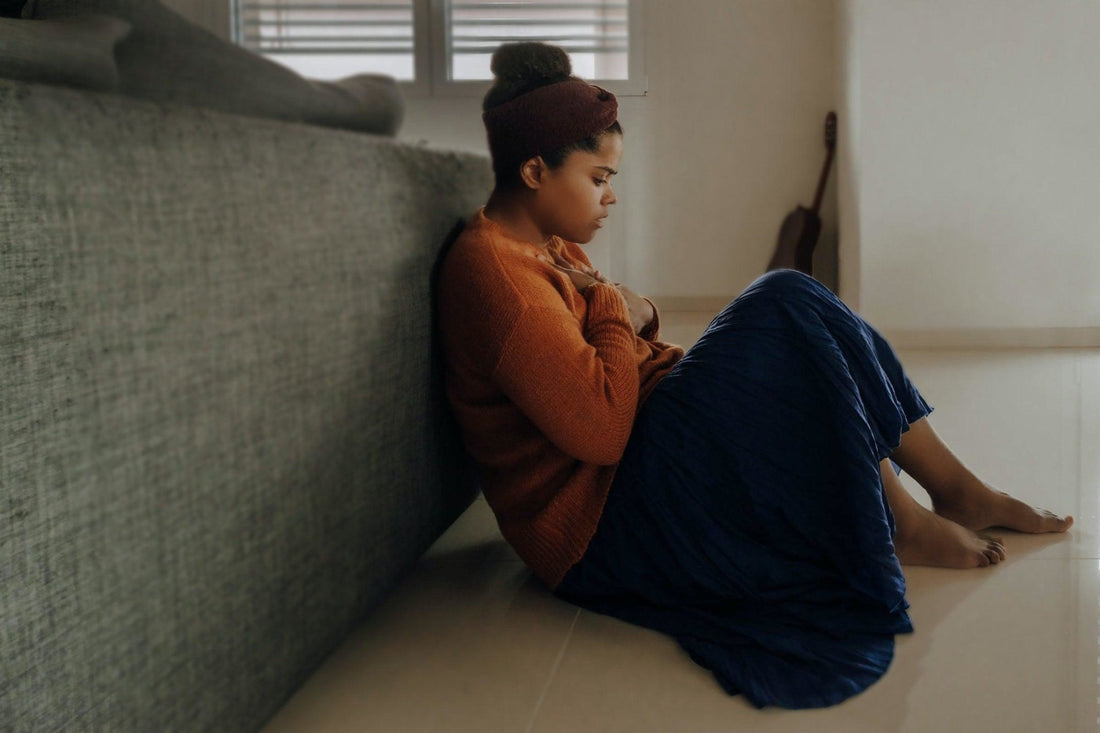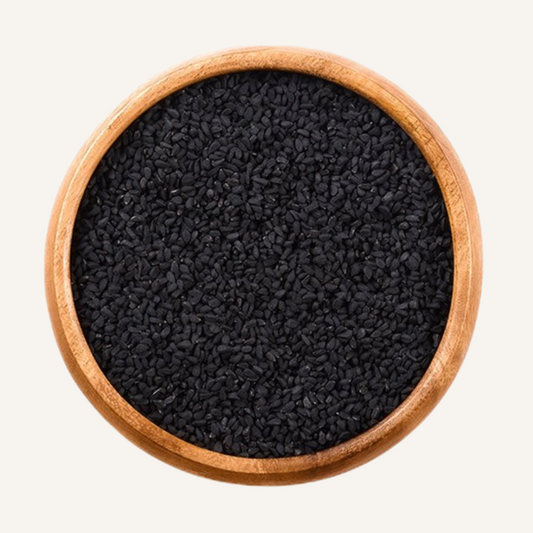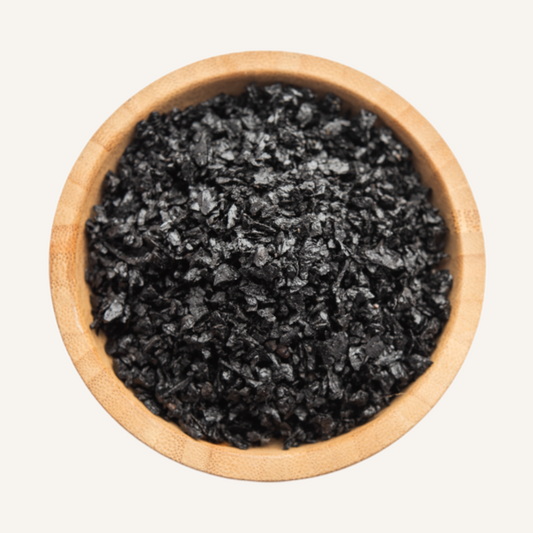
How to Deal With Anxiety: A Guide to Understanding and Managing Your Anxiety
Ilyas KhanShare
Introduction
Anxiety is a common and normal part of life, affecting millions of people worldwide. It can range from mild to severe and can impact your daily life. Understanding and managing anxiety can help improve your quality of life and reduce its negative effects. In this comprehensive guide, we will explore the causes of anxiety, symptoms, and effective methods for dealing with it.
Understanding Anxiety
Anxiety is a natural response to stress and can be beneficial in some situations. It can alert us to potential danger and help us stay focused and prepared. However, excessive and persistent anxiety can be distressing and disruptive to daily life.
There are several types of anxiety disorders, including generalized anxiety disorder, panic disorder, social anxiety disorder, and specific phobias. Each type is characterized by specific symptoms, but some common symptoms of anxiety include:
- Constant worry or fear
- Avoiding situations that trigger anxiety
- Physical symptoms, such as sweating, racing heart, and muscle tension
- Trouble sleeping
- Fatigue
Causes of Anxiety
Anxiety can be caused by various factors, including genetics, brain chemistry, life events, and personality. Some common causes of anxiety include:
- Genetics: Anxiety can run in families and be passed down through generations.
- Brain chemistry: Imbalances in neurotransmitters, such as serotonin and dopamine, can contribute to anxiety.
- Life events: Traumatic experiences, such as abuse, accidents, or loss, can trigger anxiety.
- Personality: People with certain personality traits, such as perfectionism or neuroticism, may be more prone to anxiety.
Managing Anxiety
There are various methods for managing anxiety, and what works for one person may not work for another. It's important to find what works best for you and to try different techniques to find what helps you the most. Some effective methods for managing anxiety include:
-
Exercise: Regular physical activity has been shown to reduce anxiety and improve mood. Exercise can help reduce stress hormones, improve mood, and increase the release of endorphins, which can help you feel better. Aim for at least 30 minutes of moderate exercise, such as brisk walking, every day.
-
Mindfulness meditation: Practicing mindfulness can help you become more aware of your thoughts and feelings, allowing you to manage anxiety in the moment. This involves focusing on the present moment and accepting it without judgment. You can practice mindfulness through meditation, yoga, or simply by paying attention to your breathing and surroundings.
-
Deep breathing: Controlled breathing exercises can help you calm down and manage symptoms of anxiety. Deep breathing involves taking slow, deep breaths, and focusing on your breath as you inhale and exhale. This can help slow your heart rate and relax your body.
-
Sleep: Adequate sleep is crucial for good mental health, and lack of sleep can contribute to anxiety. Try to get 7-9 hours of sleep per night, and establish a regular sleep schedule. Avoid screens (e.g. phones, computers, TVs) for at least an hour before bedtime, as the blue light they emit can disrupt sleep.
-
Cognitive-behavioral therapy (CBT): CBT is a form of talk therapy that focuses on changing negative thought patterns and behaviors that contribute to anxiety. During CBT, you work with a therapist to identify and challenge unhelpful beliefs, and learn to reframe them in a more positive light. CBT has been shown to be effective in reducing anxiety symptoms, and can be done in individual or group therapy sessions.
- Mindfulness-based therapies: Mindfulness practices, such as meditation and deep breathing, can help reduce anxiety by increasing awareness of the present moment and reducing worries about the future.
- Lifestyle changes: Eating a healthy diet, getting enough sleep, and reducing caffeine and alcohol intake can help improve symptoms of anxiety.
Herbal remedies: Some herbs, such as passionflower, valerian root, and kava, have been used to treat anxiety and improve sleep. It's important to talk to your doctor before trying any herbal remedies, as they can interact with medications and have side effects.
Prescription medications: Anti-anxiety medications, such as benzodiazepines and selective serotonin reuptake inhibitors (SSRIs), can help relieve symptoms of anxiety. However, these medications can have side effects and can be addictive, so it's important to talk to your doctor before starting any medication.
Conclusion
Anxiety is a common and normal part of life, but it can be distressing and disruptive if left untreated. Understanding the causes and symptoms of anxiety can help you manage it effectively. There are various methods for managing anxiety, including therapy, lifestyle changes, herbal remedies, and prescription medications. It's important to find what works best for you and to talk to your doctor before starting any treatment. With the right support and strategies, you can reduce the impact of anxiety on your life and improve your quality of life.








